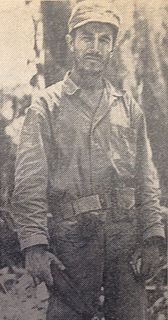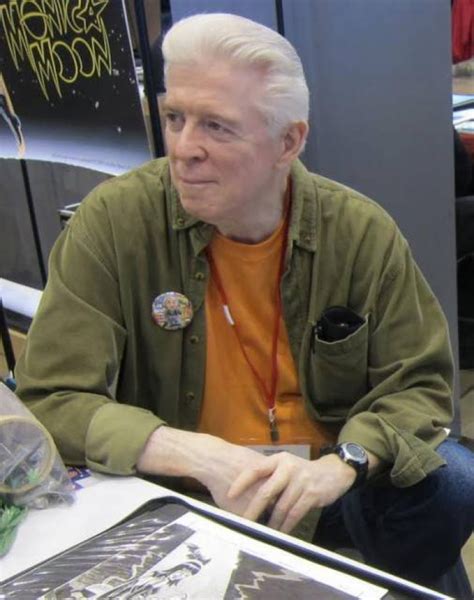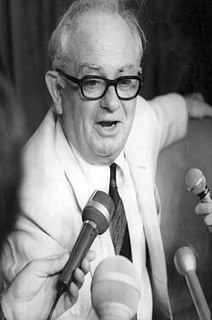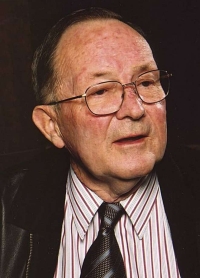A Quote by William J. Duiker
I first became interested in Ho Chi Minh in 1964-1965 while I was stationed at the U.S. Embassy in South Vietnam as a foreign service officer with the Department of State. The government in Saigon was at the point of collapse and the [Lyndon] Johnson administration was preparing to send U.S. combat troops to prevent a communist victory there. I became convinced that the U.S. effort would not succeed because of the lack of conviction in the Saigon government compared to the discipline and sense of self-sacrifice among the Viet Cong.
Quote Topics
Administration
Among
Became
Because
Chi
Collapse
Combat
Communist
Compared
Conviction
Convinced
Department
Discipline
Effort
Embassy
First
Foreign
Foreign Service
Government
Interested
Johnson
Lack
Officer
Point
Preparing
Prevent
Sacrifice
Saigon
Self
Self-Sacrifice
Send
Sense
Sense Of Self
Service
South
South Vietnam
State
Succeed
Troops
Victory
Viet Cong
Vietnam
While
Would
Related Quotes
I see no reason to believe that the Vietnamese Communist Party will lose control over the reins of power in Vietnam. There is no organized force in the country that is capable of competing with the VCP for power. And the party still believes that it must rule by intimidation and by dominating the political scene In effect, it has abandoned that part of Ho Chi Minh's legacy that the people must be won over by persuasion rather than by force - a dictum that Ho Chi Minh did not always follow himself.
From 1962 to 1965 the US was dedicated to try to prevent the independence of South Vietnam, the reason was of course that Kennedy and Johnson knew that if any political solution was permitted in the south, the National Liberation Front would effectively come to power, so strong was its political support in comparison with the political support of the so-called South Vietnamese government.
Like many Americans, I am still haunted by images from the last days of the United States' withdrawal from Vietnam in 1975. Newscasts showed South Vietnamese desperately trying to scale the walls of our embassy in Saigon to board the last helicopter flights out of the country. The fear in their eyes was chilling.
On many occasions in the late 1950s and 1960s, [Ho Chi Minh's] ideas were apparently ignored by those who felt that his approach was too naive and prone to compromise. The outbreak of open warfare with the French and later with the United States was in effect a sign of the failure of Ho Chi Minh to achieve his objective to fight and win at low cost.
There's just no question that the United States was trying desperately to prevent the independence of South Vietnam and to prevent a political settlement inside South Vietnam. And in fact it went to war precisely to prevent that. It finally bombed the North in 1965 with the purpose of trying to get the North to use its influence to call off the insurgency in the South.
None of the people's wars of the sixties did very well, including the one in Vietnam. Vo Nguyen Giap himself has admitted a loss of 600,000 men between 1965 and 1968...Moreover, by about 1970 at least 80% of the day-to-day combat in South Vietnam was being carried on by regular NVA troops...Genuine black-pajama southern guerrillas had been decimated and amounted to no more than 20% of the communist fighting forces.


























